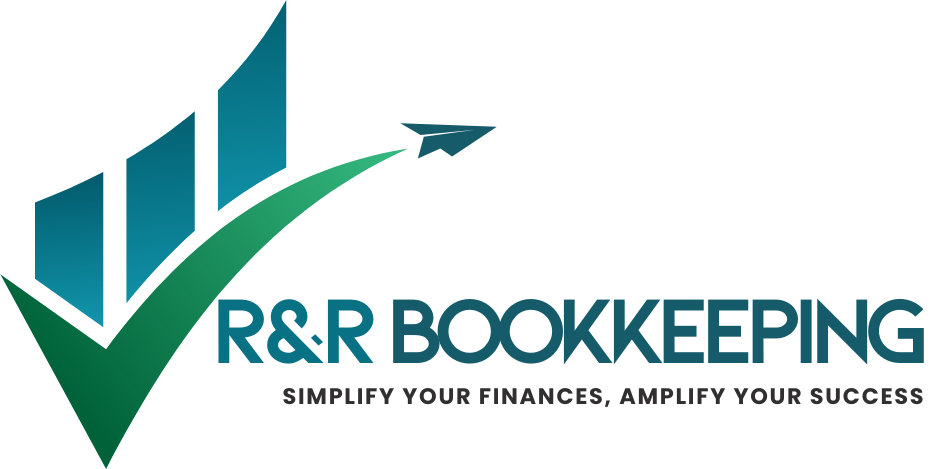Running a small business involves many responsibilities. One of the most important tasks is keeping your financial records organized. That’s where proper recordkeeping comes in. If you’ve ever asked yourself, “What is bookkeeping?” or wondered whether you need it, the short answer is: yes, and sooner rather than later.
This discipline is the foundation of a healthy financial system in any business. Without it, you’re left guessing where your money is going, risking costly errors, and missing out on growth opportunities.
Understanding the Basics: What Is Bookkeeping?
To understand the importance of keeping financial records, it’s helpful to start with a clear definition. The bookkeeping definition is the process of recording and organizing all financial transactions made by a business. This includes tracking income, expenses, payroll, invoices, and more.
Many people new to business often search for terms like what is book keeping or try to define bookkeeping in simple terms. At its core, it’s about keeping an accurate and up-to-date record of your financial activities. It helps ensure you know exactly how your business is performing and prepares you for everything from tax filing to business growth.
The Meaning and Purpose of Bookkeeping
The bookkeeping meaning goes beyond simple data entry. It serves as a vital tool for managing cash flow, staying compliant with tax laws, and making informed decisions. The purpose of bookkeeping is to give business owners a clear view of their financial situation. With well-maintained records, you can identify trends, control costs, and plan for future investments.
Accurate documentation also means you can quickly produce financial statements, file taxes with confidence, and avoid penalties from the IRS. It’s not just paperwork—it’s peace of mind.
Common Challenges When Handling Bookkeeping Alone
Many small business owners try to manage their finances themselves, especially in the early stages. While this may seem cost-effective, it often leads to problems. Without proper training, it’s easy to make mistakes. Transactions can go unrecorded, receipts might be lost, and bank statements may not be reconciled properly.
Over time, these small issues can grow into larger financial problems. Missed deductions, inaccurate tax filings, and poor cash flow management are just a few of the risks. Learning what is bookkeeping is a good start, but applying it consistently and correctly takes time, accuracy, and experience.
Why Professional Bookkeeping Matters
A professional brings clarity and structure to your finances. Rather than spending hours trying to understand spreadsheets or software, you can focus on what you do best—running your business. They ensure that every financial transaction is tracked and categorized properly, keeping your records organized and compliant.
Outsourcing also reduces stress. You no longer have to scramble during tax season or worry if your numbers are right. Instead, you get regular financial reports, up-to-date insights, and support when you need it most.
The Value of Expertise and Consistency
Hiring a pro is not just about saving time—it’s about improving the quality of your financial records. A trained eye will spot inconsistencies, help you understand your numbers, and make sure your accounts are always accurate and current. This means fewer errors, better decision-making, and less risk of compliance issues.
When you understand the bookkeeping meaning, you’ll see that consistency is key. Your records must be updated regularly, and each transaction must be documented correctly. Professionals bring the consistency and attention to detail that most business owners struggle to maintain on their own.
Can Software Replace a Bookkeeper?
Many business owners assume that using tools like QuickBooks or Xero eliminates the need for expert help. While these platforms can automate parts of the process, they still require setup, monitoring, and interpretation. If data is entered incorrectly or not maintained properly, software can quickly become more of a burden than a benefit.
An experienced financial professional doesn’t just use software—they use their judgment and knowledge to ensure accuracy. They can explain what your financial reports mean, recommend improvements, and help you make strategic decisions based on real numbers.
What Happens When Bookkeeping Is Ignored?
Neglecting financial management has real consequences. Without proper records, you may overpay taxes, miss out on deductions, or even face audits and penalties. Inaccurate data also leads to poor decisions, missed opportunities, and limited access to funding.
The longer you delay, the harder it becomes to catch up. What might start as a minor oversight can turn into a financial headache. Understanding what is bookkeeping and acting on it early helps you stay in control and avoid costly setbacks.
How R&R Bookkeeping Supports Small Businesses
At R&R Bookkeeping, we understand how valuable your time and money are. That’s why our services are designed to help you manage your accounts with ease and accuracy. With over 15 years in financial services, payroll, tax planning, and analysis, we do more than just crunch numbers. We provide insights and solutions that fit your business needs.
We help business owners save over 120 hours and $7,500 annually by streamlining their processes and improving financial clarity. Our goal is to give you the tools and support needed to grow your business with confidence.
Final Thoughts
If you’ve been wondering what is bookkeeping or searching for a clear bookkeeping definition, now you have a better understanding of why it matters. This process is not just a routine task—it’s a critical part of your business strategy.
By maintaining accurate financial records, you make smarter decisions, stay compliant, and reduce stress. And when you partner with experienced professionals like R&R Bookkeeping, you gain more than just support—you gain peace of mind and a pathway to growth.
If you’re ready to take control of your finances, contact R&R Bookkeeping today. Let’s make your books work for you, not against you.



